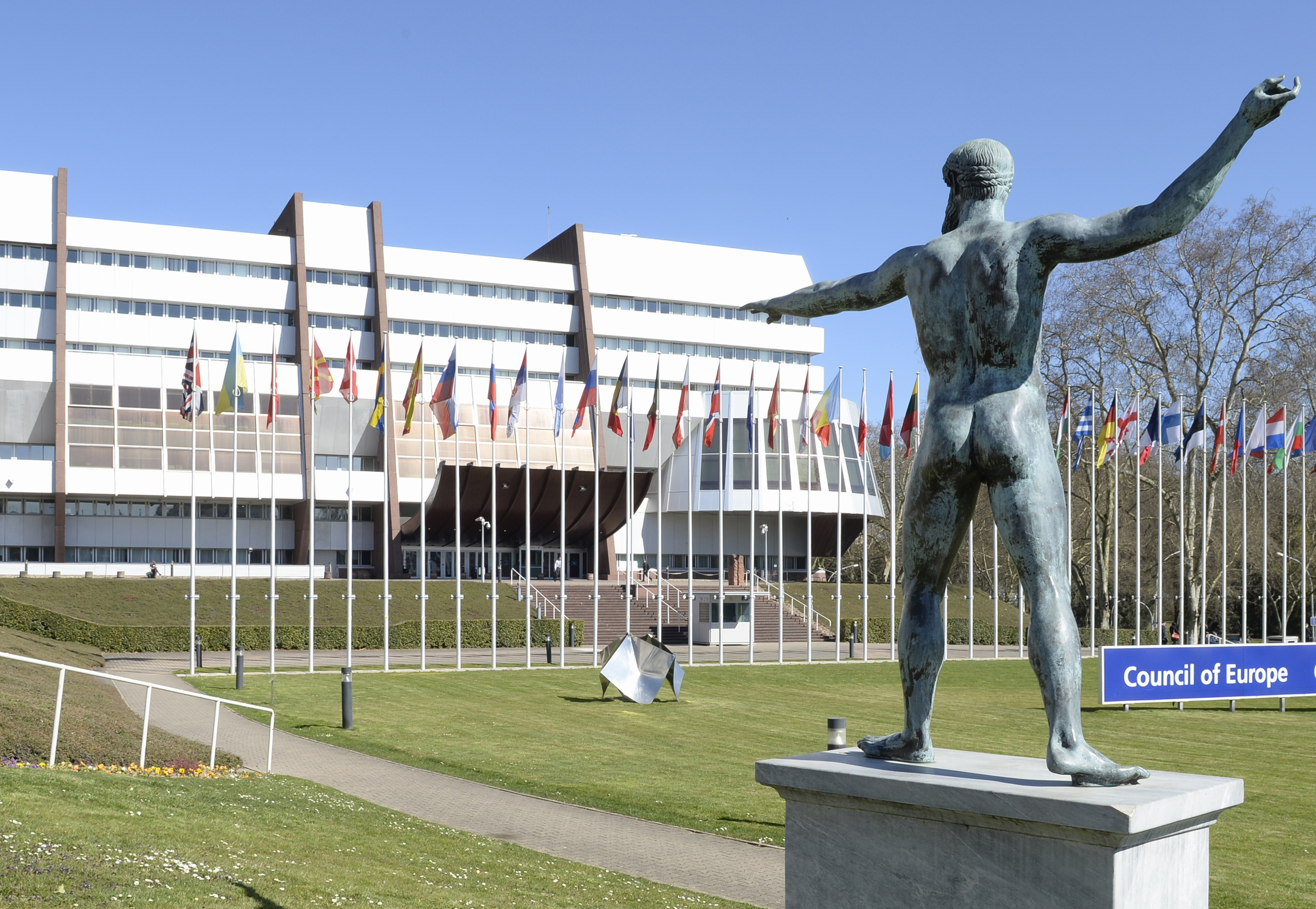Swiss law precedence is ‘danger for democracy’

The rightwing Swiss People’s PartyExternal link’s announcement on Tuesday that it is considering launching an initiative to ensure Swiss law takes precedent over international law has got a number of papers worried.
According to the German-language dailies Tages-Anzeiger and Der BundExternal link, the idea of a possible constitutional amendment in the field of “national law versus international law” put forward by the People’s Party represents a “danger for democracy”.
In an editorial, they said such a move would have “incalculable consequences” such as forcing Switzerland to leave the European Convention on Human Rights, which Switzerland ratified in 1974, and the Council of Europe.
The Le Matin External linknewspaper said that by “attacking human rights the People’s Party was attacking both Switzerland’s humanist and liberal culture as well as individuals, whatever their origin, race or belief, who benefit from rights that protect them from arbitrary attacks”.
The Fribourg-based La LibertéExternal link continued in the same vein, explaining how international law and its fundamental rules were a form of “universal conscience”. Denying the primacy of international law over national law was the same as denying the existence and very essence of transnational rules, it stated.
“Imagine a Fribourg initiative guaranteeing the supremacy of cantonal law over Swiss federal law on the pretext that federal judges have damaged local sovereignty,” it wrote.
“The lord of Rhäzüns [allusion to People’s Party strongman Christoph Blocher and his home] is dreaming of such feudal justice in his castle, warming up his halberdiers for the electoral fight in 2015.”
Test for parliament
The French-speaking daily Le TempsExternal link said if the People’s Party goes ahead with its initiative, which still needs to be confirmed at a party conference in October, it would represent a test for the Swiss parliament.
Its editorial said parliament had spent hours debating the conformity of certain initiatives with international law, such as the ban on new minarets, but it had never dared invalidate any.
“Perhaps this step too far [by the People’s Party] may push its opponents to finally tackle the problem,” it wrote.
The threat to Switzerland’s international reputation may be sufficiently great that it could create an alliance of international law supporters and Swiss exporters, it added.
In a long interview in the Basler ZeitungExternal link, Blocher defended his initiative plan and idea that the Swiss people should be the ones who set the laws.
“Many people in the Swiss parliament, the courts, the cabinet and federal authorities are happy that they can often rely on international law. This is because these principles and recommendations can become direct policy. Authorities in all states are very receptive to international law because that gives them more power. Switzerland has a strong counterbalance with its direct democracy. With us, the sovereign decides on the policy,” he declared.

In compliance with the JTI standards
More: SWI swissinfo.ch certified by the Journalism Trust Initiative











You can find an overview of ongoing debates with our journalists here . Please join us!
If you want to start a conversation about a topic raised in this article or want to report factual errors, email us at english@swissinfo.ch.